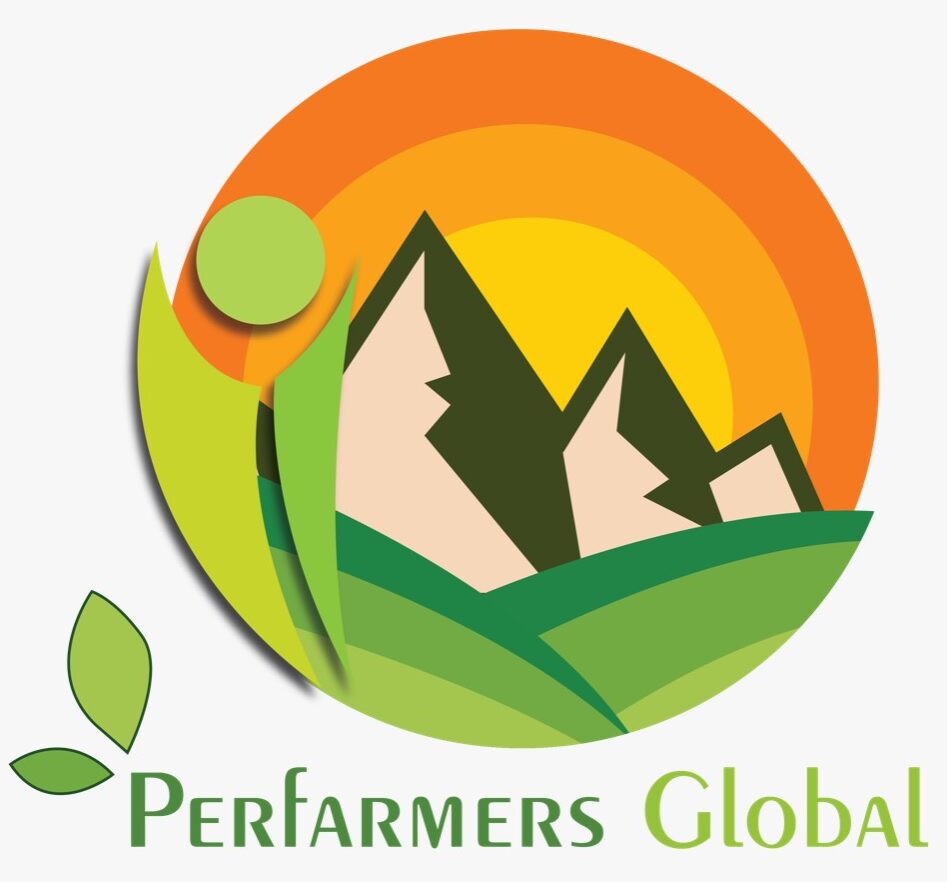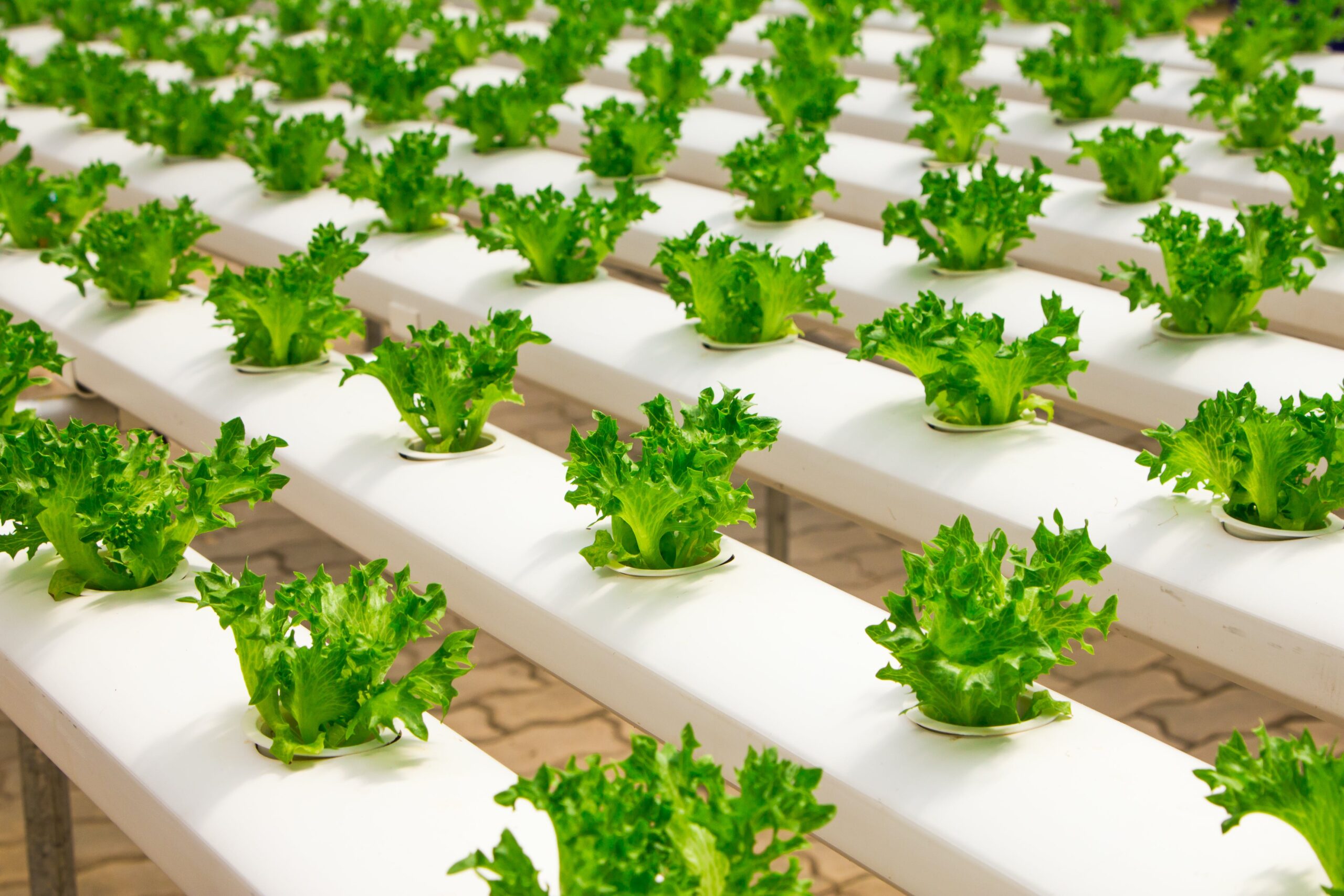Organic food has become increasingly popular in recent years, as consumers become more aware of the benefits of eating food that is produced without the use of synthetic pesticides and fertilizers. Organic food is also seen as being more sustainable and better for the environment.
The global organic food market was valued at USD 208.19 billion in 2022 and is expected to reach USD 564.22 billion by 2032, growing at a CAGR of 11.7% from 2023 to 2032. North America, Europe, and Asia Pacific are the leading regions in the global organic food market.
Key Trends Shaping the Future of Organic Food
Organic food is a growing market, with increasing demand from consumers, government support, and technological innovation. Here are some of the key trends shaping the future of organic food:
Increased demand from consumers for organic products
As consumers become more aware of the benefits of organic food, demand for organic products is expected to continue to grow. This is being driven by a number of factors, including concerns about the health and environmental impact of conventional agriculture, as well as rising incomes and changing dietary habits.
Government support
Governments around the world are supporting the growth of the organic food market through policies such as subsidies, tax breaks, and research funding. This is helping to make organic food more affordable and accessible to consumers.
Technological innovation
Technological innovation is helping to make organic farming more efficient. For example, new technologies are being developed to help farmers reduce their reliance on synthetic pesticides and fertilizers, and to improve soil health.
Expansion into new markets
Organic food is becoming increasingly popular in developing countries. This is due to a number of factors, including rising incomes and increasing awareness of the health and environmental benefits of organic food.
How the Future of Organic Food Could Unfold
The future of organic food is uncertain, but it is full of potential. As the market grows and becomes more competitive, prices are likely to come down, making organic food more accessible to a wider range of consumers. Organic food could also become more widely available and even the norm in the future.
1.Organic food could become more affordable
As the organic food market grows and becomes more competitive, prices are likely to come down. This would make organic food more accessible to a wider range of consumers.
2.Organic food could become more widely available: Organic food is currently available in most supermarkets, but it is often more expensive than conventional food. As the market grows, organic food is likely to become more widely available and more affordable.
3.Organic food could become the norm: It is possible that organic food could become the norm in the future. As consumers become more aware of the benefits of organic food and as prices come down, more and more people may choose to eat organic food.
Conclusion
The future of organic food is bright. Organic food is becoming increasingly popular and is being supported by governments and businesses around the world. It is possible that organic food could become the norm in the future.
Organic Food Market Booming: Opportunities for B2B organic food Importers
Fig.Retail sales of organic food and quantity of organic land in the world. Source: data from the International Federation of Organic Agriculture Movements (IFOAM) and Statista.
The organic food market is booming, and B2B importers have a number of opportunities to capitalize on this trend.
Growing demand
Consumer demand for organic food is increasing rapidly. According to the Organic Trade Association, global organic food sales are expected to reach $294 billion by 2023. This growth is being driven by a number of factors, including:
- Increased awareness of the health benefits of organic food. Consumers are becoming more aware of the potential risks of pesticides and other chemicals used in conventional agriculture, and they are looking for healthier options.
- Growing concern about the environment. Organic farming methods are more sustainable than conventional farming methods, and consumers are increasingly interested in supporting sustainable agriculture.
- Changing dietary trends. Many consumers are looking to reduce their intake of processed foods and artificial ingredients, and organic food is often seen as a healthier alternative.
Expanding markets
The organic food market is also expanding into new markets. In recent years, there has been strong growth in demand for organic food in emerging markets such as China and India. This growth is being driven by rising incomes and increasing awareness of the health and environmental benefits of organic food.
Opportunities for B2B importers
Source :Consumer behavior and purchase intention for organic food
B2B importers can capitalize on the growing demand for organic food by sourcing and importing organic products from around the world. There are a number of opportunities for importers to specialize in certain types of organic products, such as fruits and vegetables, grains, dairy products, or meat and poultry. Importers can also focus on specific markets, such as restaurants, supermarkets, or online retailers.
Here are some specific opportunities for B2B organic food importers:
- Source organic products from emerging markets. As demand for organic food grows in emerging markets, there are opportunities for importers to source organic products from these markets at competitive prices.
- Specialize in niche organic products. There is a growing demand for niche organic products, such as organic honey, organic coffee, or organic chocolate. Importers can specialize in these products and develop strong relationships with suppliers.
- Focus on specific markets. Importers can focus on specific markets, such as restaurants, supermarkets, or online retailers. This allows importers to develop close relationships with their customers and understand their specific needs.
B2B organic food importers can also play a role in educating consumers about the benefits of organic food. Importers can develop marketing materials and educational programs to help consumers understand the difference between organic and conventional food.
The organic food market is a growing and dynamic market with a number of opportunities for B2B importers. By sourcing and importing high-quality organic products, importers can help meet the growing demand for organic food and contribute to the growth of the organic food industry.
Perfarmers Global: A Leading Exporter of Premium Organic Food Products
If you are looking for high-quality organic foods, be sure to check out the products offered by Perfarmers Global. We are a b2b exporter of organic agri-produce, processed foods, and other biologically and environmentally sustainable commodities. We offer a wide variety of products, including fruits, vegetables, grains, nuts, seeds, and more. Our products are all certified organic and are sourced from sustainable farms around the world.
Visit our website today to learn more about our products and services.




